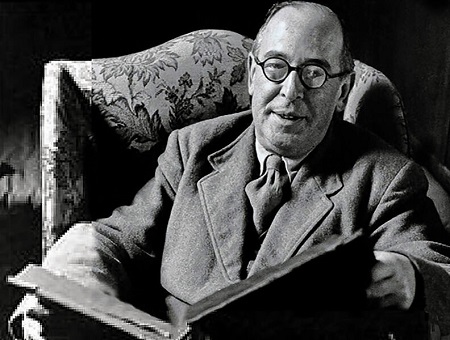authors

These works encompass a diverse range of styles, themes, and formats, including novels, short stories, essays, poetry, plays, and autobiographies. these authors often reflects the unique perspectives, experiences, and creative imaginations of the writers who produce it. It may explore a wide array of topics, such as love, identity, social issues, historical events, or philosophical inquiries. They can be categorized into various genres and subgenres, such as romance, mystery, science fiction, fantasy, literary fiction, memoir, and biography, each with its own conventions and reader expectations.
